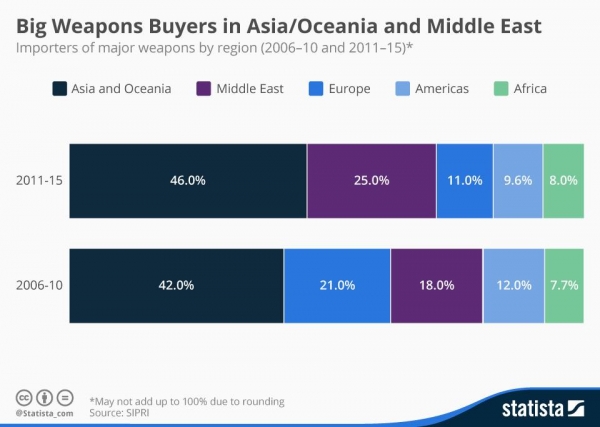Filipino nurses for Ohio-based company say they have been forced to pay thousands in fees after signing training contracts
Filipino nurses are calling for the US’s top labor watchdog to review controversial “stay or pay” training repayment agreement provisions that have left them facing lawsuits and thousands of dollars in fees after they quit their jobs.
Training repayment agreement provisions (Trap) are contracts employers require workers to sign before beginning a job and stipulate that if a worker leaves the job before a specified time, they owe substantial fees.
Nurses who worked for the Ohio-based CommuniCare Family of Companies, one of the largest providers of post-acute care in the US, say they have been subjected to buyout fees of thousands of dollars when they resign and have been sued by their former employer.
Jeddalyn Ramos, a 30-year-old from the Philippines worked for four months at a CommuniCare-owned short-term and senior rehab facility in Pittsburgh in 2022 and paid $15,555.45 in fees when she quit her job.
After paying the fee, Ramos was sued for $100,000 or more by CommuniCare for quitting her job before the three years required by her employment agreement.
Ramos explained when she first started working, the high number of patients she was tasked to take care of every day posed significant safety issues and risks to her medical license.
Quitting a job that you’re not comfortable with any more is not a sin
“I was assigned to take care of at least 30 patients every shift,” Ramos said. “It was really exhausting. I was burned out. I worked non-stop. I chose not to use my 30-minute breaks so I could finish my tasks for that shift.”
She said her inquiries to the company about why the suit was filed were ignored, leading her to file a countersuit two months later.
“This situation is an eye-opener for me. While working with the lawyers to fight for my rights, I started to learn that repayment agreements are not normal,” added Ramos. “Quitting a job that you’re not comfortable with any more is not a sin.”
Ramos and other former CommuniCare nurses filed unfair labor practice charges with the National Labor Relations Board (NLRB) for the agency to review their training repayment agreement provisions with CommuniCare.
Jennifer Abruzzo, the general counsel of the NLRB, has identified Traps as an instance of non-compete agreements that violate the National Labor Relations Act “in limited circumstances”. The NLRB issued a complaint against another employer earlier this year over their use of the provisions.
Several advocacy groups, including Towards Justice and the American Economic Liberties Project, have been pressuring the Biden administration to ban “stay or pay” employment contract agreements. The Federal Trade Commission has proposed a ban on non-compete agreements and noted in their proposal that many training repayment agreement provisions are non-competes.
“When I first met the nurses and they shared their story and through our follow-up meetings, it was clear that the company was trying to send a message and sue these nurses to make an example out of them,” said Elizabeth Koo, an attorney representing the five nurses with the Asian American Legal Defense and Education Fund.
Murphy Anderson PLLC, and Herzfeld, Suetholz, Gastel, Leniski & Wall PLLC are also representing the nurses. Koo also noted they were expecting to receive details during discovery on the buyout fees and how they were determined by CommuniCare.
Some 8.9% of registered nurses in the US are Asian Americans. Thousands of nurses from abroad work in the US every year on visas, the majority from the Philippines due to training programs that mirror training for nurses in the US.
The lawsuits filed against the five nurses and their countersuits against CommuniCare are still pending in court.
Jhane Engnan, a 34-year-old nurse from the Philippines, started working for CommuniCare in Virginia in May 2022. She said the facility was very short-staffed.
“I was very pressured, and I was assigned with 20 to 25 patients at the same time. And it was horrible, very stressful and my anxiety level was very high,” said Engnan. “It’s just impossible to provide the proper nursing care for these older people. I didn’t feel like a nurse, I didn’t feel like I was a nurse or providing the best quality of care for these patients, most of whom are elderly.”
She gave a two-week notice after five months due to the chronic short staffing and the negative impact it had had on her mental health. Then she received a lawsuit for $50,000 just over a week after her last day.
“I feel like a criminal for quitting my job,” said Engnan. “I feel devastated.”
The nurses arrive to the US with EB-3 visas, which do not link their immigration status to their employer like other visa programs, so they can work elsewhere.
A spokesperson for CommuniCare said in an email: “Our company has spent over $15m in expenses to bring the nurses to the United States. Many of the nurses bring valuable skills with them to the position and we are investing in the nurses through education and training, so they are valuable contributors to the quality of care that CommuniCare is committed to consistent with our core values. Although many have good intentions, unfortunately some of the nurses have taken advantage of the system to enter the country. After receiving bonuses from other healthcare facilities, they leave without the willingness to provide reimbursement for the expenses that the company paid to bring them to the United States. Our company honored the commitment. They however were under contract and broke it.”








